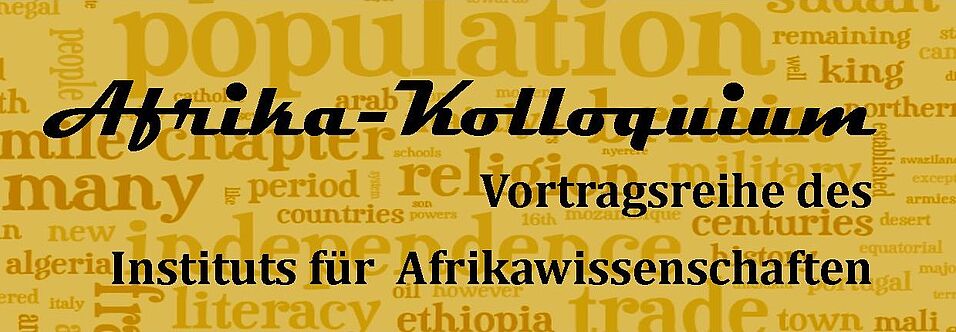IsiZulu is one of Africa’s larger languages with a rich literature, with an increasingly widespread presence on the internet and a fascinating history and linguistic structures which make it quite different from many other linguistic systems in the world. While definitely belonging to the better documented languages on the continent, little efforts have been made to teach it outside of South Africa so far. The research focus on South Africa at the Institute of African Studies of the University of Vienna has made it possible to start a new language programme in the hope to prepare students both for doing research on the language as well as to promote the language as an efficient tool of research for next generation researchers.
Initiating a new language teaching programme comes with its own challenges, even more so when the language is not yet equipped with a readily re-usable teaching infrastructure, when you have to teach in times of a pandemic and are in urgent need of tools and data to compensate for the real world. The new isiZulu programme is the most recent start-up among the manifold language offerings of the institute and has been started with a strong digital agenda in the background. As is well known, the Digital humanities movement of the past decade has meanwhile reached all disciplines and nobody can pursue academic activities any more without also considering the question of digital tools and / or data.
While managing one’s digital assets and research output is one thing, creating digital material for didactic purposes is quite another one. Over the past two years, the isiZulu team has created a quite substantial set of digital language resources including a digital grammar book, a digital textbook including lessons, exercises, texts as well as dialogues, and a digital dictionary based on a growing corpus of isiZulu texts on the internet. All of this, builds of course on previous work and infrastructure components that have been applied in building a modular system of language resources that seamlessly interlock and form a flexible teaching environment. We will report on some of the infrastructure behind the course and talk about our teaching approaches.

